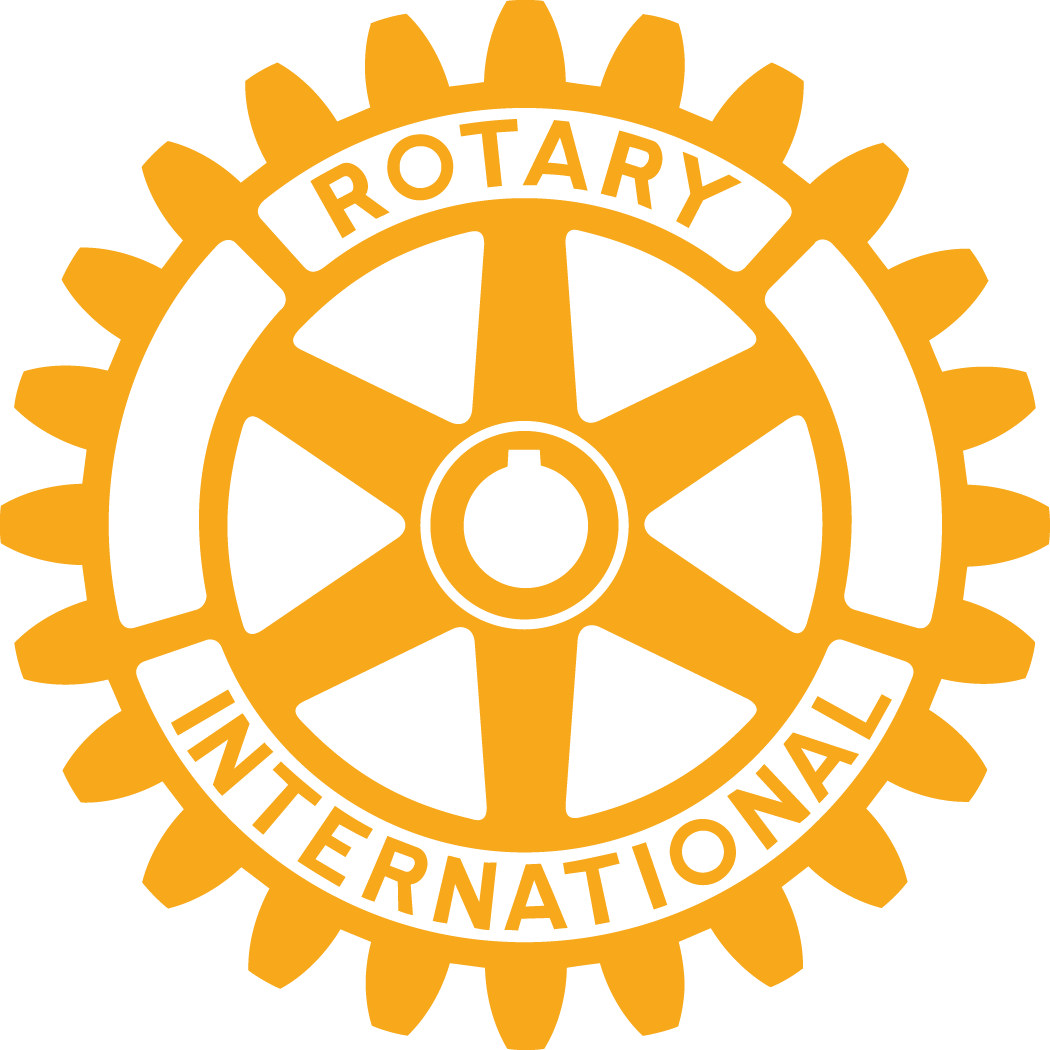The Rotary Foundation earns top ratings from charity watchdogs
Independent charity-rating services set 25% of expenditures as the threshold measure of high efficiency. More than 90% of The Rotary Foundation's expenditures go to programs, Only 2.3 percent of its expenditures go to administrative expenses, and 7.3 percent to fundraising.
Many philanthropists say it is more difficult to give money away intelligently than it is to earn it.
As charities’ financial practices make headlines, many donors are concerned about how their money is used.
Rotarians can be confident that their contributions to The Rotary Foundation are being well spent.
The Foundation has earned a grade of A+ from the American Institute of Philanthropy, a top rating of four stars from Charity Navigator, and full accreditation from the Wise Giving Alliance of the Better Business Bureau.
Only 2.3 percent of Foundation expenditures go to administrative expenses, and 7.3 percent go to fundraising. The Foundation focuses more than 90 percent of its spending on programs, far exceeding the threshold of 75 percent that independent charity-rating services view as a measure of high efficiency.
That comes as no surprise to Foundation Trustee Steve Brown, who says the organization’s grant application and review process contains the safeguards necessary to ensure that funds are used wisely.
Typically, Brown explains, international projects funded by the Foundation involve a sponsor club or district, which partners with an on-site host club or district. Funding may go through the sponsor or host. To implement a project, clubs must spell out what they plan on doing, how they plan on doing it, and what Rotarians’ involvement will be. All projects require a detailed budget and often additional supporting documentation before receiving Foundation approval.
Once an approved project is funded, Brown says, a detailed progress report must be presented within one year. The reporting includes verification of what has happened (usually with photos) and requires copies of bank statements showing the flow of funds. The presidents of either the host or sponsor club must sign off on the report.
The Foundation has a stewardship committee that can review a project and impose a resolution if issues occur. If money was improperly spent, a club can be asked to return funds or even have its membership in Rotary International terminated.
“You don’t want to have everything controlled from Evanston,” Brown says. “We probably have more complaints about our rigorous stewardship than applause for it. But 99 percent of the time, things go the way we expect.”
Adapted from the November The Rotarian.
